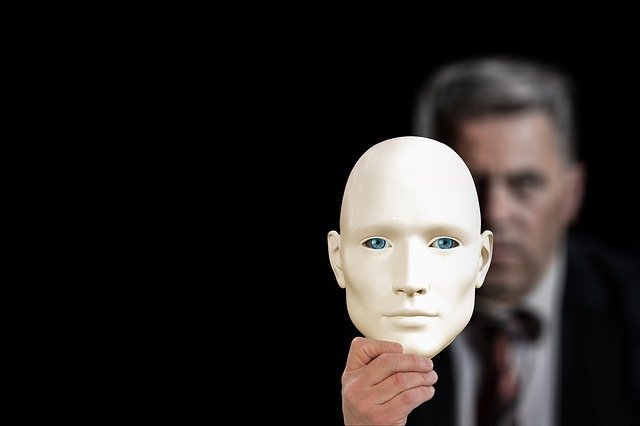
Double standards mean judging the same action with different rules.
The notion of morality is used to name the set of precepts that determine whether an action can be defined as good or bad . Morality, therefore, regulates human behavior according to the standards that subjects have of both good and evil.
Double , for its part, is an adjective that can be used with reference to something twice as big or greater, to what is repeated twice or to what implies the existence of two similar or identical elements.
What is double standards
The idea of double standards , in this framework, allows us to refer to the criteria that a person or an entity uses when they behave in two different ways with respect to the same situation . This is an injustice since it implies a violation of impartiality.
Suppose that a journalist harshly condemns an act of corruption that involves an opposition politician, but justifies or endorses the corrupt actions of an official of the current government . This means that, faced with the same case (an act of corruption), it makes two opposite judgments: it condemns the opponent and justifies the ruler. The journalist in question, therefore, has double standards.
Same fact, different criteria
Economic and political interests often lead to using very different rules to judge others. But double standards also exist in personal life, when we justify our reprehensible actions because we refuse to commit to those values that we defend daily.
A religious minister , for example, can demand that the faithful show solidarity with those who need it most, inviting them to make donations and lead an austere life, getting rid of material wealth. In his private life, however, he acts selfishly : he does not donate money or goods and lives in a mansion surrounded by luxury. The minister thus demonstrates his double standards: what he considers good for others and for the community, he does not take into account in his own existence.

It is common for double standards to be exposed when comparing a person's private behavior with their public positions or expressions.
Double standards in everyday life
Double standards can occur in various degrees, ranging from serious displays of negligence such as those mentioned in the previous paragraphs to minor attitudes in everyday life. When a person does not condemn the pranks of their children with the same severity as those of others, even though they are equivalent, this also demonstrates a double standard, although in this case the consequences are relatively mild.
In any case, applying this duality to raising a child may seem mild in the short term but will exponentially impact their ability to discern good from evil in the future, something that may hinder their healthy development .
From protection to the generation of damage
The fundamental question that we must ask ourselves when faced with this type of attitude is always the same: what is its origin ? Behind every negative trait, every crime and act of violence, there is a story, probably similar to the one the subject has written. This does not mean that we should accept abuse simply because the perpetrators have been victims in the past; On the contrary, instead of simply accepting the facts we can try to get to the point at which the person began to go wrong, to learn more about them, about ourselves, and about our species in general.
To a certain extent, double standards can be part of the natural tendency to defend our pack : we do not like others to speak badly of ours, and that need to protect them can often lead us to "make up" for their mistakes. But when the actions we cover up are of a certain severity, everything changes, especially if our negligence can harm a third party.
